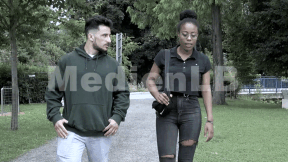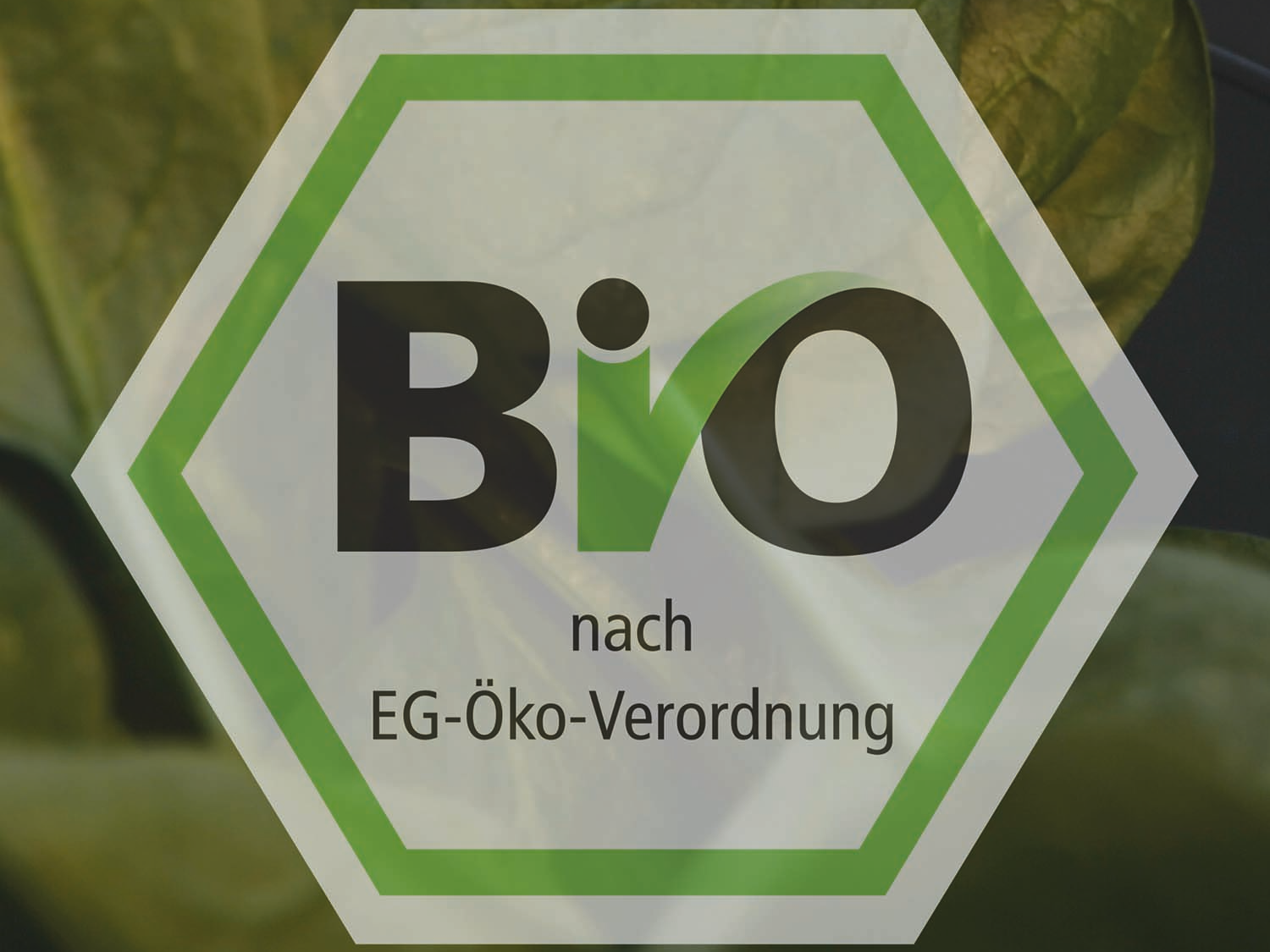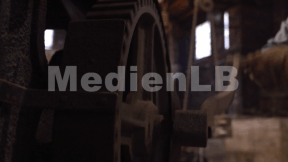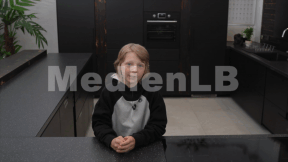 Gesellschaft
Gesellschaft
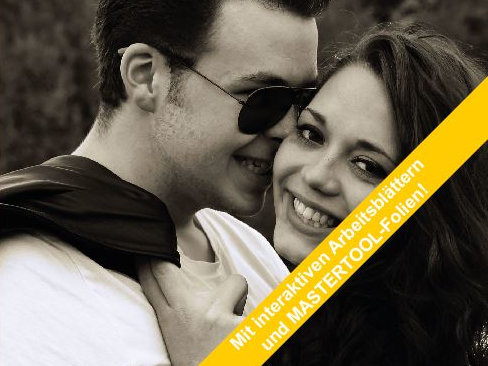

4673647 / 5562336
Gefahr durch Loverboys
Endstation: Straßenstrich
Die erste Liebesbeziehung ist eine schöne Erfahrung – für die meisten. Doch nicht jeder hat so viel Glück. Seit einigen Jahren erfreut sich bei Zuhältern und anderen Kriminellen eine bestimmte Masche zunehmender Beliebtheit, die darauf abzielt, besonders die Unerfahrenheit junger Mädchen auszunutzen.
Sogenannte Loverboys, die meist selbst noch Teenager sind, spielen den Mädchen die große Liebe vor, machen sie jedoch Stück für Stück – und oft unbemerkt vom sozialen Umfeld des Opfers – abhängig. Zuerst emotional, dann durch Drohungen und/oder Drogen. Fortan tut das Opfer nur noch, wie ihm geheißen wird. In der Regel bedeutet das den Gang in die Prostitution.
Der Film klärt über die Vorgehensweise der Loverboys auf und zeigt, warum die Opfer sich so schwer von ihrem Peiniger lösen können. Außerdem begleitet er Bärbel Kannemann, Leiterin des Vereins NO loverboys e. V., bei ihrem Kampf um Aufklärung an den Schulen.
Gemeinsam mit dem umfangreichen Unterrichtsmaterial (klassische und interaktive Arbeitsblätter, Testaufgaben, Lehrtexte etc.) ist der Film sehr gut für den Einsatz im Unterricht geeignet.
Trailer abspielen


Lehrplanzentral und an den Bildungsstandards orientiert
Passend dazu
Rassismus
Von Rassismus spricht man, wenn Menschen wegen äußerer Merkmale wie ihrer Hautfarbe, aber auch ihrer Herkunft oder Religion, als Gruppe bestimmte, meist negative Eigenschaften zugeschrieben werden.
Gütesiegel
Gütesiegel wie das „Bio-Siegel“, „Blauer Engel“, „Stiftung Warentest“ und bis zu 1.000 weitere Siegel repräsentieren Eigenschaften wie Nachhaltigkeit, Gesundheit oder Sicherheit bezüglich eines Produkts, einer Dienstleistung oder auch eines Unternehmens.





